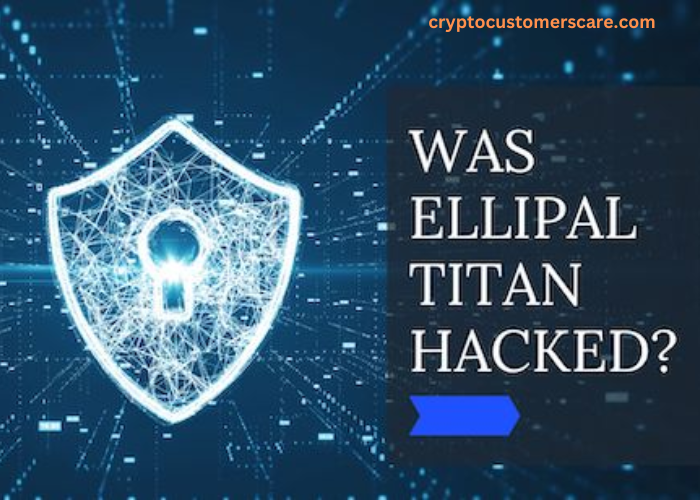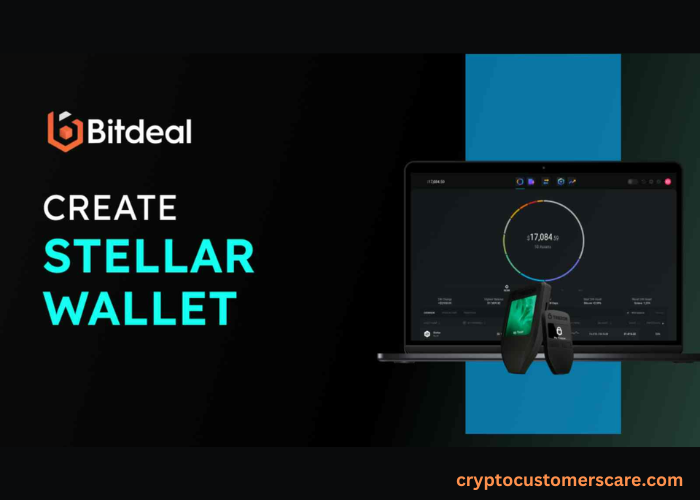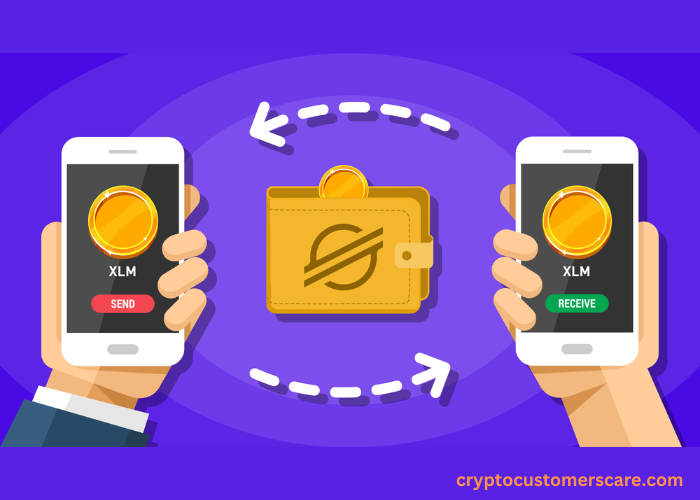The Ellipal Wallet is a popular choice among cryptocurrency enthusiasts for securely storing their digital assets. It offers a sleek and user-friendly interface, making it easy for both beginners and experienced users to manage their cryptocurrencies. However, recent events have shaken the confidence of Ellipal Wallet users, as the platform fell victim to a hacking incident. In this article, we will explore the details of the hack and its implications, as well as the steps taken by Ellipal to address the situation.
Understanding the Recent Hack
The recent hack of the Ellipal Wallet has sent shockwaves through the cryptocurrency community. The details of the attack are still being investigated, but it is believed that hackers gained unauthorized access to the platform’s infrastructure, compromising the security of users’ funds. This breach highlights the ever-present threat that hackers pose to the cryptocurrency ecosystem, emphasizing the importance of robust security measures.
The Ellipal Wallet hack serves as a reminder that even the most trusted and reputable platforms can be vulnerable to cyber attacks. It is crucial for users to remain vigilant and take proactive steps to protect their digital assets. This incident also raises questions about the security practices employed by Ellipal and serves as a wake-up call for the industry as a whole to strengthen their security protocols.
Impact of the Ellipal Wallet Hack
The impact of the Ellipal Wallet hack cannot be underestimated. It has not only resulted in financial losses for many users, but it has also eroded trust in the platform. The cryptocurrency community relies on secure storage solutions like Ellipal Wallet to safeguard their investments, and any breach of security can have far-reaching consequences.
The hack has led to a significant drop in the value of cryptocurrencies stored on the Ellipal Wallet, as investors panic and attempt to move their funds to more secure platforms. This has caused significant market volatility and further exacerbated the financial impact of the hack. Additionally, the reputational damage suffered by Ellipal may take some time to recover from, as users question the platform’s ability to protect their assets.
Steps Taken by Ellipal to Address the Hack
In response to the hack, Ellipal has taken immediate action to mitigate the damage and reassure its users. The platform has launched a thorough investigation into the breach, working closely with cybersecurity experts to identify the vulnerabilities that were exploited. They have also notified affected users and provided guidance on how to secure their funds moving forward.
Ellipal has pledged to enhance its security measures, implementing stricter protocols to safeguard user funds. This includes strengthening their encryption algorithms, implementing multi-factor authentication, and conducting regular security audits. The platform is also exploring partnerships with leading cybersecurity firms to ensure that they stay ahead of evolving threats.
Security Measures to Protect Your Cryptocurrency Wallet
While the Ellipal Wallet hack has exposed vulnerabilities in the platform’s security, there are proactive steps that users can take to protect their own cryptocurrency wallets. Here are some essential security measures to consider:
- Choose a reputable wallet: Research and select a wallet provider with a proven track record of security and transparency.
- Enable two-factor authentication: Adding an extra layer of security through two-factor authentication can significantly reduce the risk of unauthorized access.
- Keep software up to date: Regularly update your wallet software to ensure that you have the latest security patches and enhancements.
- Use a strong and unique password: Avoid using common or easily guessable passwords. Opt for a combination of letters, numbers, and special characters.
- Store your wallet offline: Consider using a hardware wallet or paper wallet to store your cryptocurrencies offline, away from potential online threats.
By implementing these security measures, users can take proactive steps to protect their cryptocurrency wallets and reduce the risk of falling victim to hacking incidents.
Alternatives to the Ellipal Wallet
In light of the Ellipal Wallet hack, some users may be considering alternative options for storing their cryptocurrencies. Here are a few popular alternatives to consider:
- Ledger Wallet: Ledger is a reputable hardware wallet manufacturer known for its robust security features and user-friendly interface.
- Trezor: Trezor is another well-known hardware wallet provider that offers a range of secure storage options for various cryptocurrencies.
- Exodus Wallet: Exodus is a software wallet that combines ease of use with strong security features, making it a popular choice among beginners.
- Coinbase Wallet: Coinbase is a trusted cryptocurrency exchange that also offers a non-custodial wallet, allowing users to have full control over their funds.
It is essential to conduct thorough research and consider individual needs and preferences when choosing an alternative to the Ellipal Wallet. Each option has its own strengths and weaknesses, so it is crucial to find a wallet that aligns with your specific requirements.
How to Recover from a Cryptocurrency Wallet Hack
Experiencing a cryptocurrency wallet hack can be a devastating event, but there are steps you can take to recover from such an incident. Here are some essential actions to consider:
- Report the hack: Notify the appropriate authorities, such as your local law enforcement agency, and provide them with all relevant information about the hack.
- Secure your accounts: Change the passwords for all your online accounts, including email, social media, and financial platforms, to prevent further unauthorized access.
- Contact your wallet provider: Inform your wallet provider about the hack and follow their instructions on how to secure your account and recover any lost funds.
- Monitor your accounts: Regularly check your wallet and bank statements for any suspicious activity, and report it immediately if you notice any unauthorized transactions.
- Educate yourself: Learn from the incident and educate yourself on best practices for securing your digital assets. Stay informed about the latest security threats and take proactive measures to protect your investments.
Recovering from a cryptocurrency wallet hack can be a lengthy and challenging process, but by taking prompt action and following the necessary steps, you can minimize the damage and regain control over your funds.
Warning Signs to Look Out for in Cryptocurrency Wallets
The Ellipal Wallet hack serves as a reminder that no wallet is entirely immune to hacking attempts. To avoid falling victim to similar incidents, it is crucial to be aware of the warning signs that may indicate a compromised wallet. Here are some red flags to watch out for:
- Unusual login activity: If you notice unfamiliar login attempts or receive notifications about failed login attempts, it may indicate that someone is trying to gain unauthorized access to your wallet.
- Unexpected transactions: If you spot unexplained transactions in your wallet history, especially large or frequent transfers, it may be a sign that your wallet has been compromised.
- Difficulty accessing your funds: If you suddenly find it challenging to access your funds or experience technical difficulties with your wallet, it could be a result of a security breach.
- Unresponsive customer support: If you reach out to your wallet provider for assistance and receive no response or delayed responses, it may indicate a lack of security measures or poor customer support.
If you encounter any of these warning signs, it is crucial to take immediate action. Secure your account, contact your wallet provider, and seek guidance from cybersecurity experts to protect your funds and prevent further damage.
Conclusion
The hack of the Ellipal Wallet has sent shockwaves through the cryptocurrency community, highlighting the vulnerabilities that exist within the ecosystem. While no wallet can guarantee absolute security, it is crucial for users to adopt best practices and remain vigilant to protect their digital assets.
By choosing reputable wallet providers, implementing two-factor authentication, regularly updating software, and storing wallets offline, users can significantly reduce the risk of falling victim to hacking incidents. In the event of a hack, prompt action, including reporting the incident, securing accounts, and monitoring transactions, can help minimize the damage and facilitate recovery.
Ultimately, the Ellipal Wallet hack serves as a reminder that the security of digital assets should be a top priority for all cryptocurrency users. Stay informed, take proactive measures, and choose your wallet provider wisely to safeguard your investments in the volatile world of cryptocurrencies.







